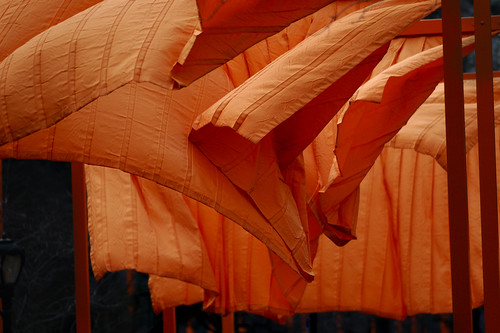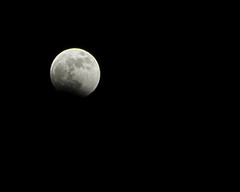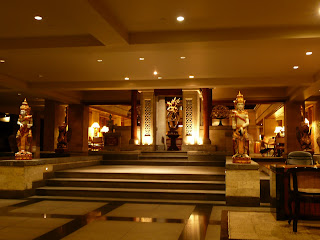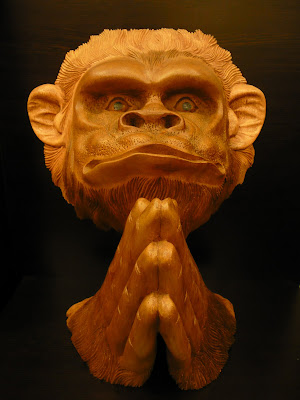He had seen it all. When Shekou* was just a sleepy fishing village seemingly untouched by time at the southern tip of the land mass called
The old man thinks he understands the sea. For seventy odd years, he could not leave its sight for more than a day without feeling a tremendous loss. He is too old to go out to sea now but he still needs to hear its endless whispers and to feel its salty embrace. He could not sleep otherwise.
Especially after that day when he returned to find a silence so deep it drowned out even the mourning of the sea. He knew even before he stepped through the door. Tears welled up in this eyes and his heart sank like an anchor into the deep. He stopped in the middle of the hall. Something made him wanting to turn and dived into the sea from the balcony of his stilted hut to seek its solace. Instead he covered his face with his calloused hands and openly wept. Before long, he was bawling like a kid expelling his grief. Sank to his knees and cried loudly. Not even in his mother’s funeral had he cried like that.
But he continued living with the sea. And it sang to him. Every night before he went to bed, he listened to the familiar song of their courtship to her death. Sometimes it is as sweet as the honey lemon that ripened under the mid-day sun. Other times more bitter than the gourd from farmer Lee who is said to water them with his tears. He swallowed them all. Then he went to sleep on his side of the bed. Titled his head to whisper a gentle goodnight. Stretched his hand out under the blanket to hold a phantom hand.
In the morning everyone treated him as that cheerful old man with plenty of advices and wisecracks that he freely dispensed. Younger fishermen came to him for advices on the sea. Older friends came to share his cup of tea. Young men asked him how to approach young girls. Young girls asked him how to attract young men. Children came to hear his tales. No one talked about his loss. No one offer consoling words. That is the way of the village. That is their ways to help him heal. And that is how he became “a most respected elder” in his village.
I never met him in person. Though I had walked along the beach made entirely from the discard of oysters and cockle shells. I loved the crunching and crackling sounds made when I stepped on them. How many generations did it take to produce this quantity? To fill this beach, I wondered. I imagined this must be the same pleasure people in the North got from threading on dried autumn leaves. Further ahead, I saw several shirtless young boys running on the cockle beach. The youngest was completely naked and chasing the others. I felt some concern. Wouldn’t the shells cut their feet?
Years later, on a quiet night when I recalled that evening by the beach, I got my answer without asking for it. “No. Their feet have eyes and your leather is not tougher than their soles”.
He never told me about his life. I just knew. I do not know how I knew. I just did. And as he paid me more visits I knew more about him. Maybe I am absorbing his memory as he recalled them. Maybe he is doing the same to me. Maybe that is why he can provide answers when I am not asking for it.





